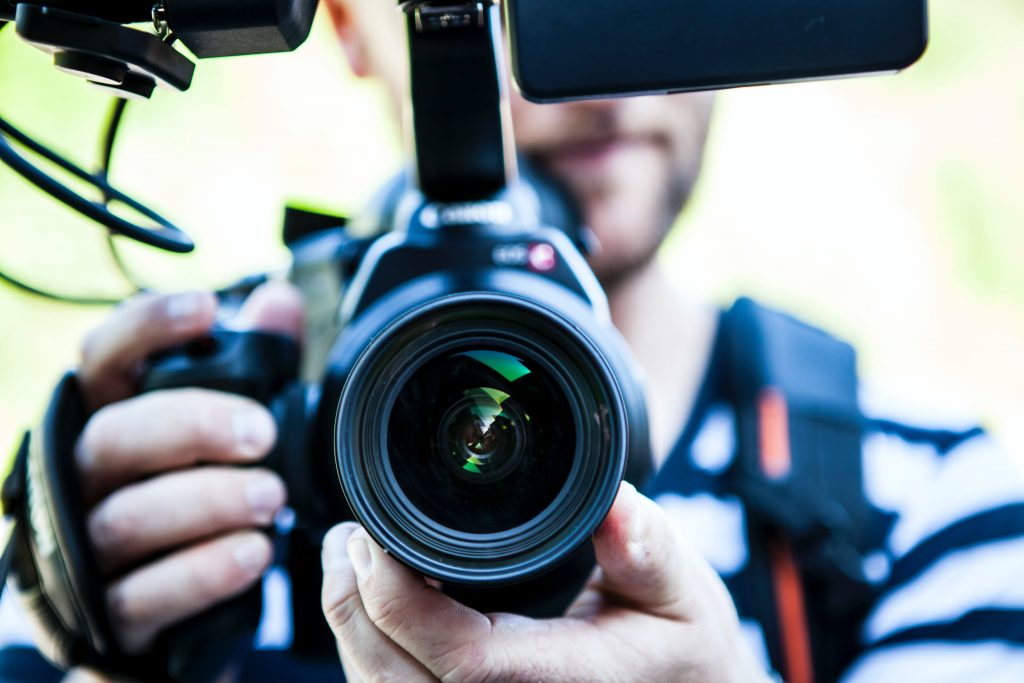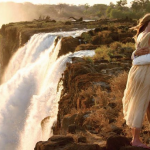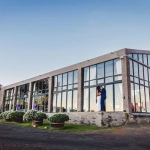Your wedding photographs are one of the few tangible reminders you’ll have of your big day. If you haven’t already thought of it, a wedding video will also allow you to watch the day unfold again – bit by bit.
You’ll relive almost every experience from the recital of your vows to showing off your moves on the dance floor. But don’t settle for just any old chump with a video-camera. A quality videographer does not come cheap and considering your wedding video will last for a lifetime, you can’t afford to take the time to do your homework.
If you’re researching potential videographers and are unsure of how to go about picking one, make sure to ask them these important questions.
How long have you been shooting weddings?
As with many other professionals, it’s normally the videographers who have the most experience under their belt who you can count on to produce the best results. Being aware that there are no chances for second takes at weddings, a seasoned pro will be prepared to capture all the candid moments on your big day, be able to competently cope with unpredictable mishaps and be sharp enough to spot the heartfelt yet less noticeable moments those still new to the game may miss.
However, this doesn’t mean you shouldn’t go for someone with less experience. If they’re new to the wedding game but have solid references from other types of shoots, they may still be the perfect option.
What’s your style of shooting?
Two main styles can be adopted: cinematic and documentary. A cinematic style, as the name implies, involves using feature-film methods to craft an arty movie. In contrast, a documentary-style involves outlining all the highlights of the event from beginning to end.
To avoid disappointment, ensure your videographer’s style matches your expectations by watching previous wedding films they’ve shot.
How does your pricing work?
Videographers usually require you pay a flat rate based on the number of hours they’ll be shooting. They might also have designed fixed packages that include different products and services for different budgets. Whether your videographer bills you a flat rate or you’re opting for a package, it’s crucial you’re crystal clear on what is and isn’t part of the deal.
Note: Have any agreement you make with them sent to you in writing so if you’re disappointed with the product after, you have documentation outlining the promises made.
What does your schedule look like on my wedding date?
You want your videographer to focus solely on your wedding so make sure they have nothing else planned for that day. Having only one wedding to shoot guarantees your videographer will give you their undivided attention and that they’ll capture every aspect of the occasion they agreed to. Juggling multiple weddings or shoots in one day could mean your videographer does a rushed job.
Will you be the one shooting my wedding?
Some videographers work for large studios that commonly take on several projects per day or weekend. When you first make contact, you probably won’t speak to the person who will be filming your wedding. If this is the case, get the contact details of the videographer assigned to you and set up a meeting with them. This will give you the chance to get comfortable with them as well as ask them any pressing questions about their style of shooting.
Will you be working with an assistant?
Having an assistant is key because it’ll be challenging or nearly impossible for all the necessary footage to be shot without one. To make your video exciting, it’s best to have certain parts of your wedding and, most of all, your ceremony, shot from varying angles. Keep in mind that having more than three videographers isn’t recommended because they’ll probably end up getting in each other’s way – and possibly your photographer’s too.
Which photographers have you enjoyed working with?
Your photographer and videographer will operate as a close-knit team to create valuable footage that’ll last a lifetime. So it’s a huge plus if they’ve had positive experiences with each other before – and even better if they come as a package! If they’ve never worked together, set up a meeting before the wedding to chat about their approach to collaborating as they document the day’s events. If they compete, rather than co-operate, to get shots, it could lead to tension – and terrible photographs and footage.
Picture: Pexels




















